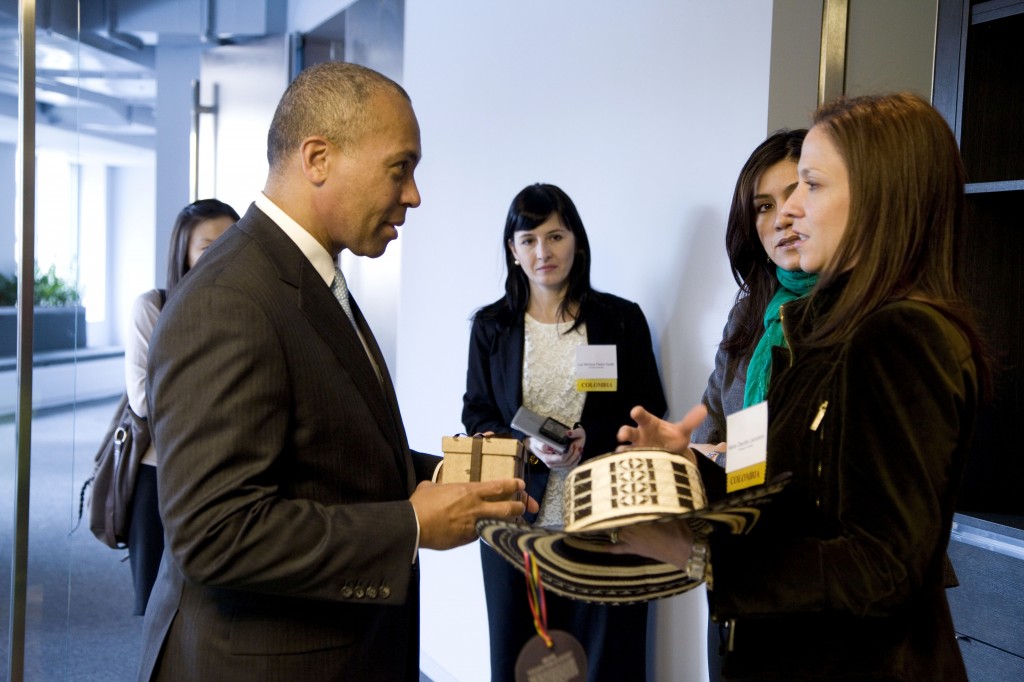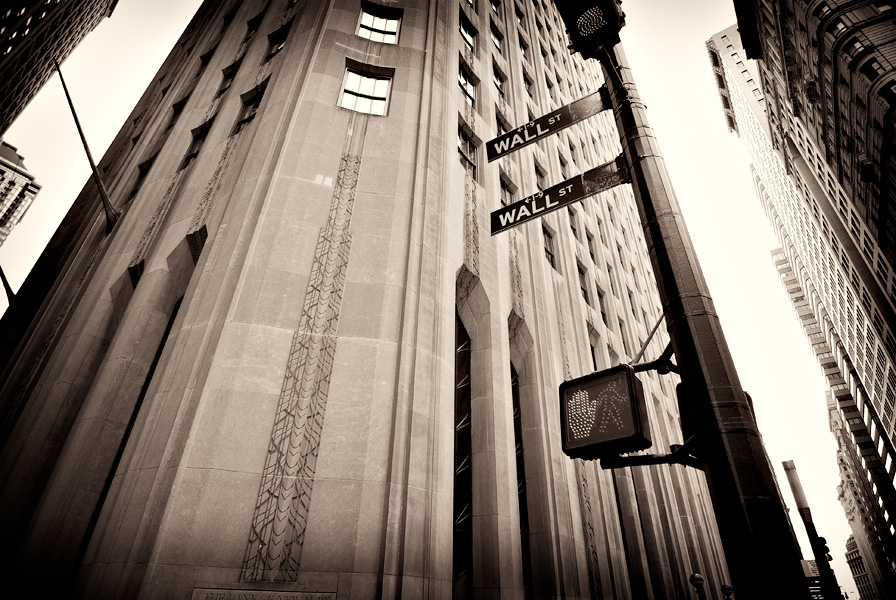Bill English joins Faith Radio Mornings to answer the question:
What does the Bible has to say about what the wealthy should do with their wealth?
What the Wealthy Should Do with Their Wealth
Based on what I have read and learned from the Scriptures, I assume the following principles:
- Our ability to create wealth comes from the Lord only.
- Therefore, we have no room to boast about the accumulation of many wealth that we do have.
- We are only stewards of the wealth God has given to us, even if we are owners of wealth under the American legal system.
- The Lord sends wealth to some and poverty to others (1 Samuel 2:7).
- The wealthy have a moral duty to ensure that poverty is eliminated where possible.
What is the Bible saying about what the wealthy should do with their wealth?
We can see in Proverbs 3 that we are to tithe from the first part of the wealth that we earn. By giving God the first part of our wealth, we acknowledge our dependence on him and we are disciplined to keep God’s interests ahead of our own. In nearly all cases when a person is drifting from the Lord, one of the first things to go is there giving to the Lord.
In Matthew 6:19-21, he writes,
“Do not store up for yourselves treasures on earth, where moth and rust destroy, and where thieves break in and steal. But store up for yourselves treasures in heaven, where moth and rust do not destroy, and where thieves do not break in and steal. For where your treasure is there your heart will be also.”
Boiled down the common English but Matthew is saying is this: show me where your money is and I’ll show you where your heart is. Giving is the hallmark of a person who understands that their wealth is given to them for a greater purpose than self-indulgence. The discipline of tithing is essential to the Christian business owners’ fulfillment of Proverbs 3.
In Matthew 19, we learned that the completion of the rich young ruler’s piety would have been to sell his riches and give that wealth to the poor. While this passage has been severely abused by those who hate the wealthy and are socialistic and their worldview, one cannot escape the clear direction by giving to the poor of your wealth is something that the wealthy should be doing as an act of worship and service to the Lord.
The Luke 16 passage need not be a difficult passage, even though it appears that dishonesty is being commended. It should be stressed that the master praised the (now discharged) manager not for being so dishonest but for being clever, astute, and shrewd. Jesus is telling this parable; he is saying that the master or owner praised the dishonest manager. The owner praised him not because he had been so crooked but because he had planned ahead. Jesus agrees that looking ahead is the thing to do, and adds,
“For the people of this world, in dealing with their own kind, are more shrewd than the people who have the light. And I say to you, make friends for yourselves by means of the mammon of unrighteousness, so that when it is gone, they may welcome you into everlasting habitations.”
Jesus is not telling us that we should become worldly-minded or crooked. He is stating the obvious fact that in worldly matters worldly people often show more astuteness or shrewdness than God’s children do in matters affecting their everlasting salvation. Jesus wants his people similarly to look ahead to eternity and in the meantime, work within the culture and structure you find yourself in while also avoiding temptations to sin.
In 1 Timothy 6, the rich are commanded to not be arrogant or to put their hope in their wealth because wealth is so uncertain. Instead they are to put their hope in God, not in their wealth.
Finally, in James 5, the rich are commanded to weep and wail because of the misery that is coming on them as a result of oppressing their workers. Money is power and money buys access to the powerful. The temptation to use one’s position of power and wealth to oppress others is common and ever-present. When the wealthy oppress their employees by not paying their wages, this passage tells us that the Lord himself hears the cries of the oppressed and will take away the luxuries and indulgences of the wealthy. Therefore, the wealthy are commanded to pay the wages of their workers who have already performed work in a satisfactory manner. (Note that the amount of the wages is not in question in this passage. The parable in Matthew 20 which shows the generosity of God in giving similar rewards to those who have worked vastly different amounts for him in this life and its implications for compensation strategies for the Christian business owner is probably best left to a different post that I’ll need to write at some point in the future.)
So when we consolidate the teachings of these five passages here is what we find:
1. The wealthy should be giving away their wealth
2. The wealthy should not put their hope in their wealth
3. The wealthy should not use their position of power and influence to enrich themselves at the expense of the poor
In his book The Dignity of Difference, Jonathan Sacks writes,
“A world in which the few prosper and many starve, offends our deepest sense of fairness and human solidarity. You do not have to be a convinced egalitarian to know that the disparities of this magnitude – vast, concentrated wealth alongside widespread suffering- is intolerable. The real problem, though, is one of responsibility. No one planned this outcome. It happened as a result of billions of transactions, investments and purchasing decisions.”
Writing from a Jewish perspective, Sacks goes on to outline that in our English language a gesture of charity is usually not thought to be an act of justice, and an act of justice is usually not thought to be an act of charity. However, the Hebrew word, Tzedakah means both charity and justice. He reminds us that this concept of combining both charity and justice arises from the theology of Judaism, which insists on the difference between possession and ownership. Ultimately all things are owned by God, who is the creator of the world and the giver of wealth. What we possess is merely what we hold in trust for God. In his thinking, the clearest example is the provision and Leviticus: “the land must not be sold permanently because the land is mine; you are merely strangers and temporary residence in relation to me” (Leviticus 25.23). If they were absolute ownership, there will be a difference between justice (what we are bound to give to others) and charity (what we give others out of generosity). The former would be a legally enforceable duty, the latter, at most, a moral obligation prompted out of benevolence or sympathy.
But because God is the owner of everything and we are merely guardians or trustees on God’s behalf, we are bound by the conditions of the trusteeship, one of which is that we share part of what we have with others in need. What would be regarded as charity under the American legal system is in Judaism and Christianity, a strict requirement of giving even though it cannot be enforced by American legal courts. No Christian business owner should tolerate saying others without the basic requirements of existence, and those who have more than others must share some of that surplus with those who have less. This is absolutely fundamental to the kind of society but God has charged us with creating: one in which everyone has a basic right to a dignified life and be equal citizens in a covenantal community under the sovereignty of God. It does not matter that we are Americans. God’s law supersedes American law.
While the American Constitution guarantees individual liberties, those individual liberties cannot be divorced from a more collective freedom that comes from the generosity of the rich. A society in which the few prosper but the many starve is not a place of liberty. When the rich use their power and wealth to oppress the poor they are taking away the basic human liberties and rights of those who are being oppressed. When the rich use their power and influence in collusion with the force of government to extract wealth from the masses, which has been done countless times through the ages, God is not pleased and this usually ends in the other room and for both the rich and the society in which they live. Under Jewish law, the Jubilee year was instituted so that everyone can have a share in the land. In the course of time, some people were forced to sell their land either because of bad harvests, poor choices or other misfortunes. But in every 50th year, the land was to be returned to its original owners let no one was denied his or her ancestral inheritance. The connection between economic equity and political freedom was explicit.
Many of the government redistributive actions in America today are based on the assumption that in any free market, an equitable distribution of wealth will not emerge naturally from the working of that free market in and of itself. I wrestle with this notion, because I believe that the free market is the best way to most efficiently distribute resources for the good of society. And yet it cannot be denied that the inherent power that accrues to those who have wealth and their temptation to oppress others so that they can amass more wealth and engage in more self-indulgence is an ever present temptation that many too often give into. This is why a free market needs government regulations: power needs to be constrained so that the oppressed have legitimate opportunities to grow their station in life.
Personally, I am not a big supporter of the government redistributing wealth. When the government steps in and does that which the churches and the businesses ought to be doing on their own, it is all too easy for the religious and business institutions to abdicate their responsibilities to the government. The government is incredibly inefficient and wasteful in performing wealth redistribution and unwittingly encourages selfishness and hoarding on the part of the rich. What we need is a culture that expects the wealthy voluntarily give their wealth so that those who are in poverty, whether through fault of their own or through misfortune, still have the basic essentials that they need to thrive within the society. Voluntary charity is much more efficient. And it honors the Lord. Charity forced through government action leads to fights and divisions over which groups are enriched and which groups are harmed by any given government action. In short, forced charity divides us into classes. Voluntary charity results in the opposite. But this can only happen if the wealthy fully accept and bake into their lives God’s perspective on their wealth. When those who view the wealth that they do have as having come from God and in humility see themselves as stewards of that which God has given to them, they are much more likely to give that wealth away because they know that if God wants them to give more to the poor, that he will enable them to create more wealth.
Consider Deuteronomy 15.8: “you shall open your hand wide to him (the poor person) and shall surely lend him sufficient for his need and that which the lack.”
The rich are commanded by God to maintain the poor but are not commanded to make them rich. The redistribution of wealth, from a biblical perspective, is to be born by the rich and from a heart of love for God. The rich recognize their wealth is not their own and is to be stewarded to further the kingdom of God, in part, by giving it away. This is one reason, in my opinion, that a sweeping revival is needed in the country: we have far too many wealthy who have jettisoned God in their personal lives and use their wealth to indulge themselves and think nothing of oppressing the poor. Government action cannot solve problems of the heart, no matter how well-intended the programs might be.
The Scriptures are not against wealth. Let me say it again: the Scriptures are not against wealth. Nor do the Scriptures condemn people for being wealthy. But the Scriptures do condemn, over and over, the hoarding of wealth and the misuse of the power that comes with wealth. I would submit that it is much more difficult to live a godly life as a wealthy person than it is to live a godly life as a poor person. In other words success in business can be much more difficult to handle in a godly way and failure.
Therefore, as a Christian business owner, you should view your profits as sustaining the other three purposes of business: products, passions and philanthropy. The purposes of business are not solely profits and to increase the wealth of the shareholders, even though this is what is taught in most American MBA programs today. In God’s economy, our responsibilities are far more diverse and important than merely enriching the shareholders of the company. If you are running a business today and you want to run it God’s way, then I encourage you to take a long step back and ask God what you should be doing with your profits. Look at your standard of living and see if there’s a way to simplify so that you can have more wealth to give away. Realize that your time on this Earth is so very short, and that none of your wealth will go with you into eternity. Remember that your wealth is fleeting and that the things you most want in life cannot be purchased with money. Remember that the goal of your life is not to be wealthy, but to love God and love your neighbor as yourself.






















